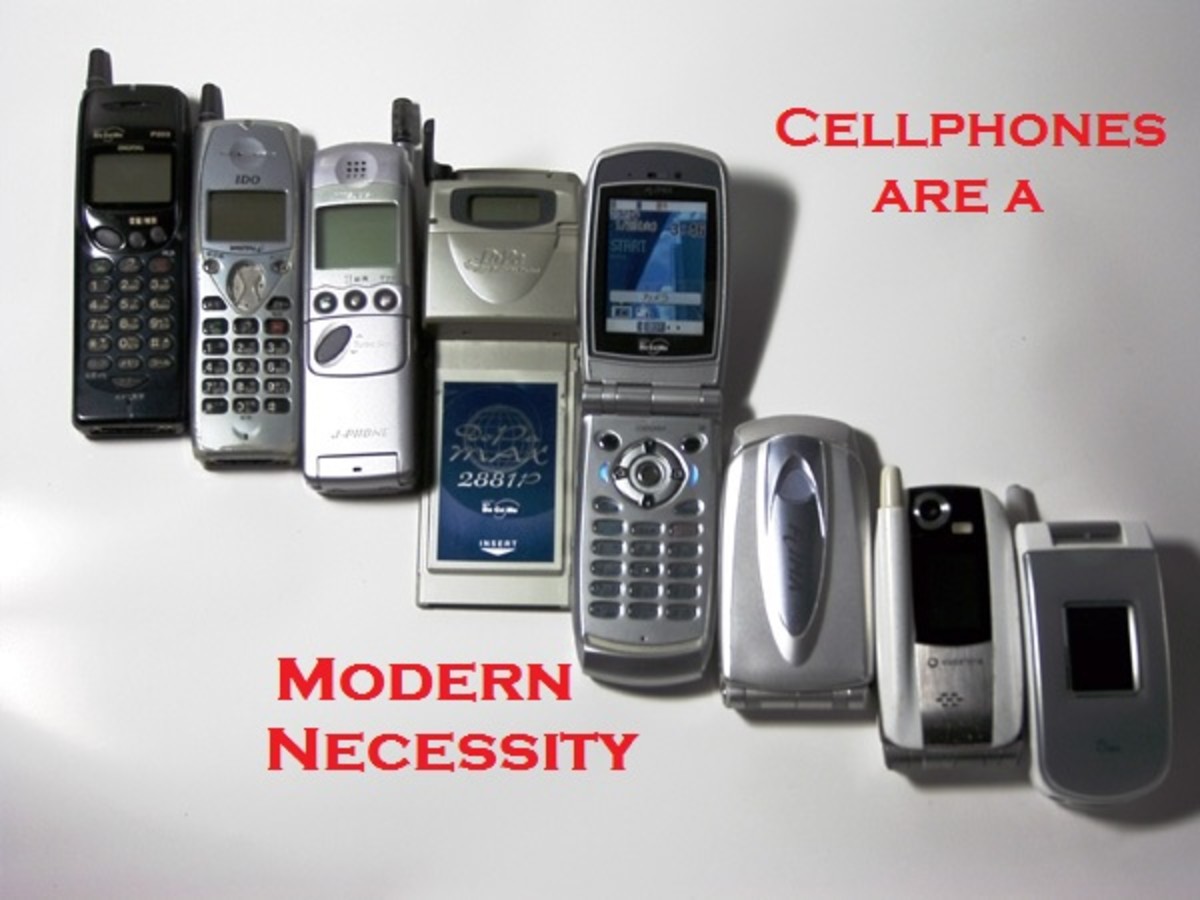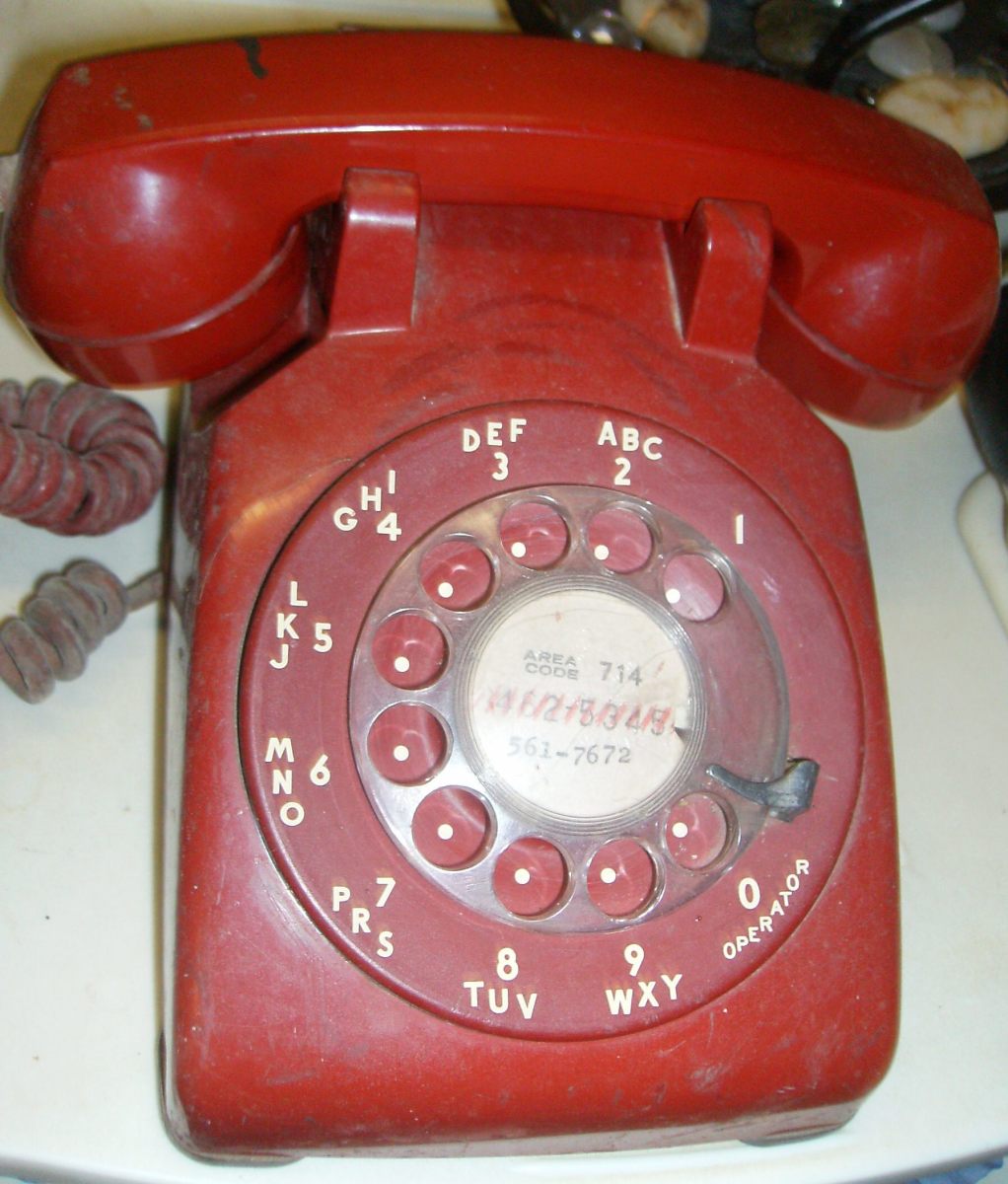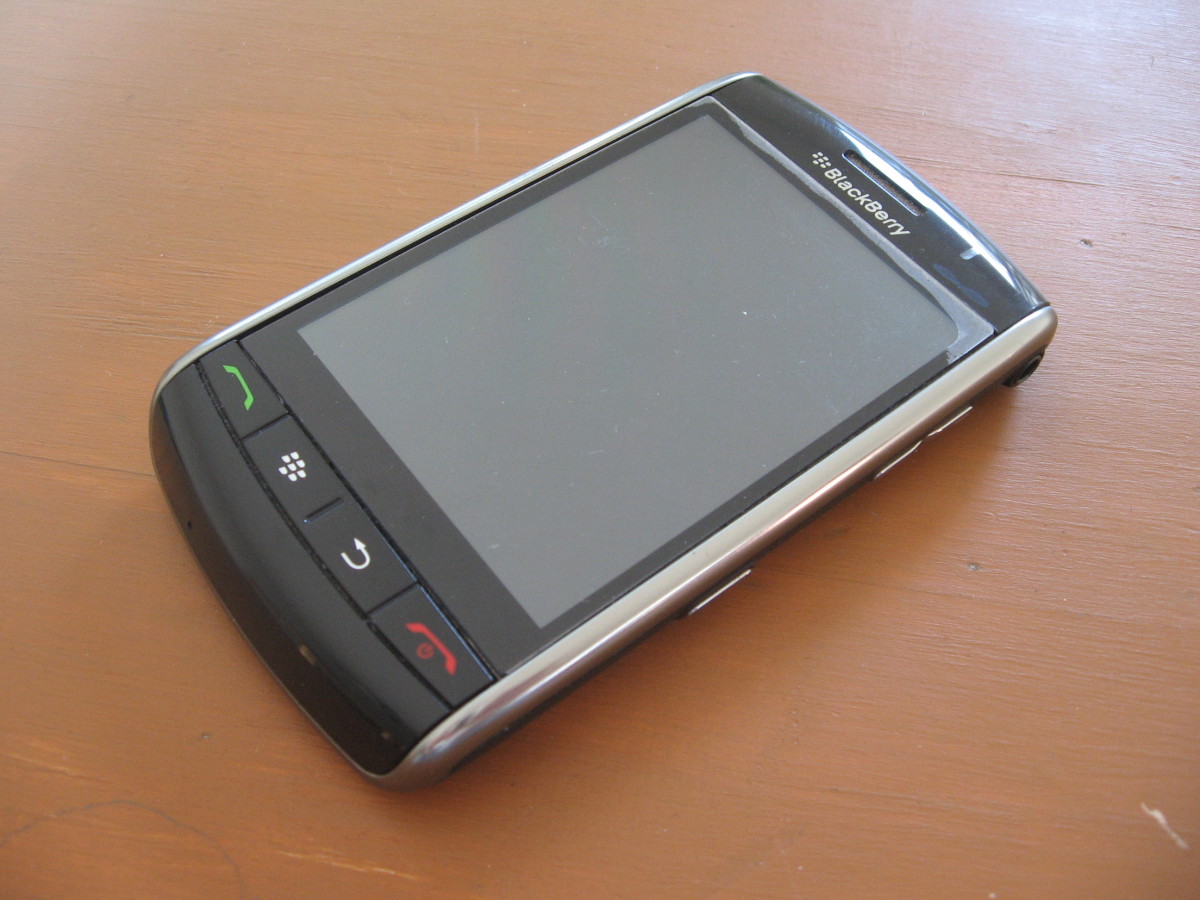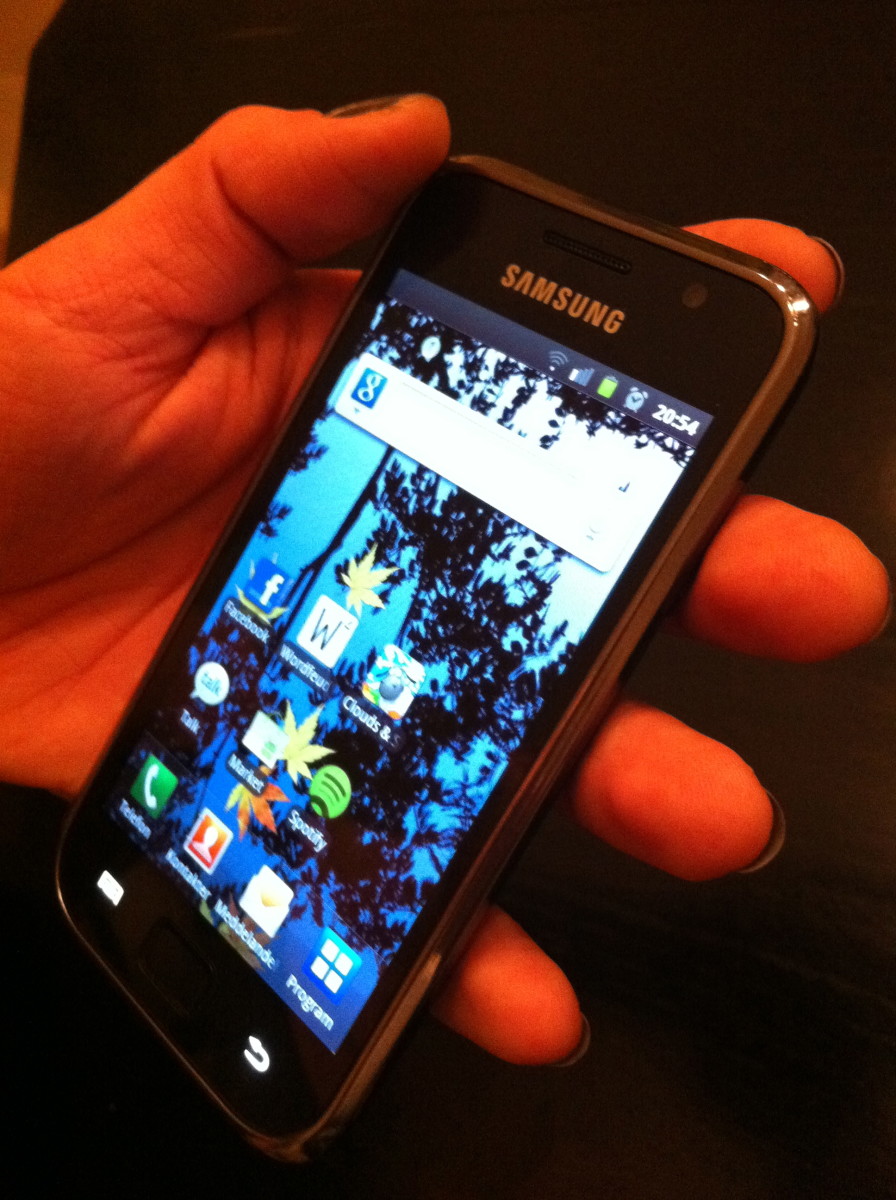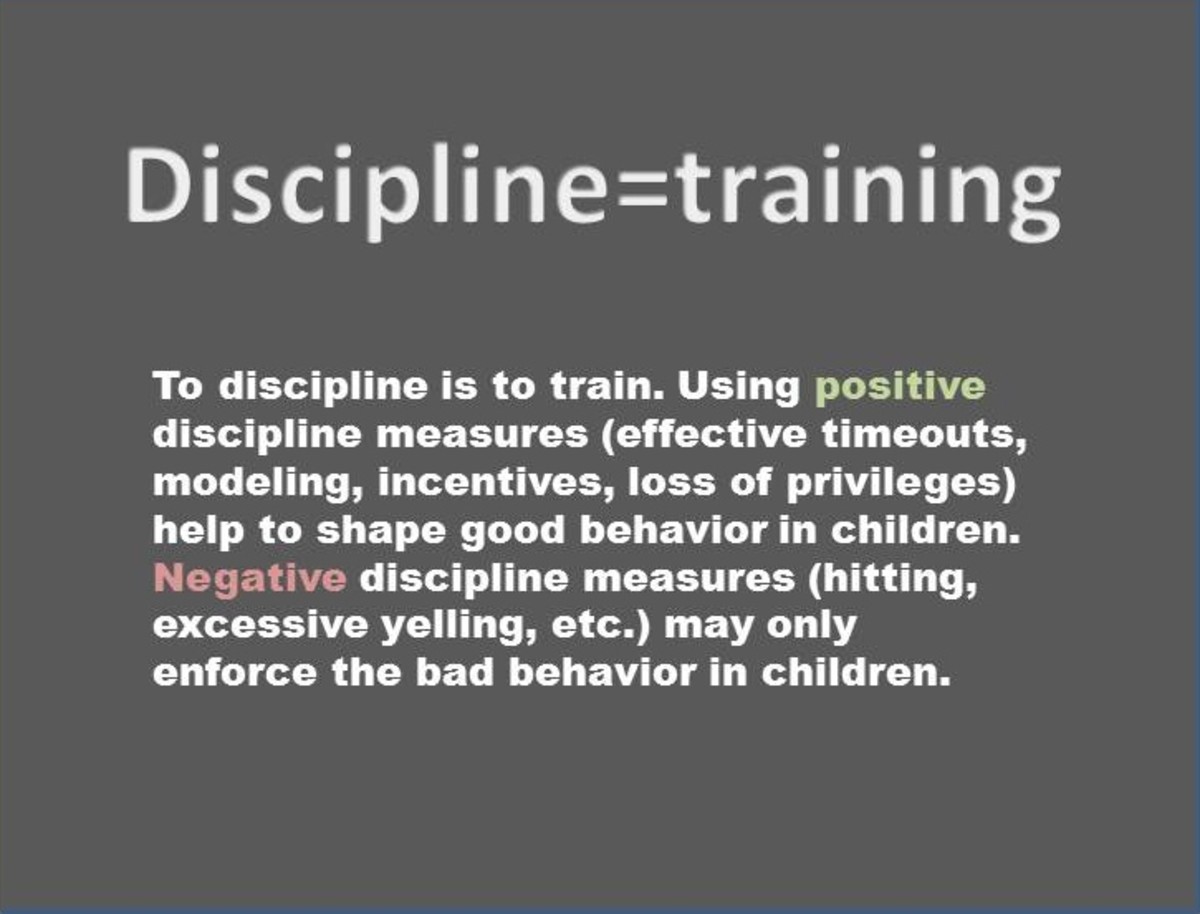At What Age Should Kids Have Cell Phones?
Consumer Reports 2012
|
|---|
An article in the July 2012 issue of Consumer Reports found that 6 out of 10 parents of children aged 8 to 12 have provided their children with cell phones. In their findings, 89% of those parents have no regrets about that decision.
|
At some point in every parent’s lives the cell phone issue raises its ugly head. How old is old enough? What type of phone is suitable? What rules should you have? Many parents are choosing to give their children phones at an increasingly early age and have to make decisions on how cell phone use is regulated. A study commissioned in 2012 by John Breyault, Vice President of Public Policy, Telecommunications and Fraud at the National Consumers League found that nearly 60 percent of parents said they offered cell phones to their children at ages 10 or 11.What age is a right age? Does a 10 year old really need one?
Many parents state the need to keep in touch with their children as the main reason for purchasing a phone. Kids are busy with lots of after school activities and parents feel happier with a quick check in via text or call to check their child is ok, in the right place and safe.
Traditional British Payphone Box.

Modern Public Pay Phone

Why do They Need One?
For those growing up in a time when cell phones were not really in everyday use it is hard to imagine why kids need one. Your parents told you when to be home, you told them where you were going and a coin in your pocket for an emergency call at a pay phone was all that was required. Those who are against children having phones would argue that they don't need one as today's generation of tweens are almost always supervised. They are at school, after school activities or home. There is no need for them to be away from adult with a phone. However a survey by the National Consumers League in 2012 found that the main reasons parent bought their children phones was for safety, to track their after school activities and because they were asked for one. For many, sending a quick text is an easy way to find out your child is ok and where they should be. It is a quick check in to share information, give reminders and messages such as any changes in the plan.
When Should a Child have a Phone?
Middle school is an age when some kids find themselves going home to an empty house. The change in the timing of their school day means they are more likely to be arriving home before other family members. A cell phone is a good way to keep in touch with a parent by either a call or text message to say they are home.
Deciding if your middle school child is ready for a cell phone is a difficult decision. Many kids loose or damage things, a dropped phone can easily receive a cracked screen and a lost phone can be expensive to replace. Personal responsibility with other technology will give you a good indication of how your child will take care of a phone.
Necessity is one of the major factors to consider when purchasing a phone for your child, have there been instances when you wished you had a way to contact your child? If not then you probably don't need one yet.
Due to the running costs of a cell phone many parents decide to wait until their child is able to make some sort of financial contribution to the phone bill.
Factors to Consider When buying a Cell Phone for a Child
Many cell phones also give the user access to the internet, email and a camera function, this adds another dimension to the issue of safety. The popularity of taking and posting 'selfies' opens up the potential for photos to be posted online and passed on to other people via messaging and email. Unregulated access to the internet could lead to access to inapropriate material and over use of social media. Consider a basic phone for a first phone. One that allows calls and messaging is all that is needed to keep in touch with you child.
Wireless bills can be very high especially if your child exceeds the texts for calls allowed in your plan. By buying a pay as you go basic phone as a first phone will ensure you can regulate how much money is used and a good way to teach the consequences of over use.
For younger children there are some phones designed specifically for children. Some of thse have had mixed reviews so it is worth checking them out carefully before making a decision to purchase one. The firefly is one of the most well known.
Example of a Selfie Being Taken
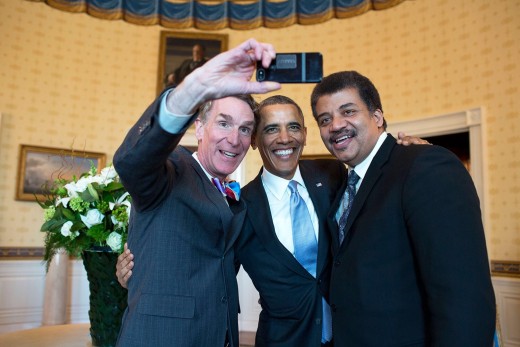
Dangers of Cell Phone Use and How to Avoid Them
Consern about the dangers of social media and unregulated access to the internet are valid reasons many parents who decide to give their children phones choose call and text only phones. Alternatively, there are some wireless companies who provide a selection of filtering and restriction options you can set up on a phone. There are also a wide variety of apps that allow you to monitor what sites your child is visiting and when. One of these apps is MamaBear. This app allows you to monitor your child's location, social media positing and sends pre set alerts.
Many parents also have concerns about cyber bullying. This can easily get out of control quickly and is difficult for parents to control. An selfie can be shared all over the Internet very quickly and negative comments and photos can snowball in a short time.
Another consern about cell phones is with regard to how their use impacts the health of the user. An article by Dr Oz on Oprah.com website explains that cell phone use exposes us to a form of electromagnetic radiation called radio frequency energy. some sciemist suspect that this exposure to radiation may increase the risk of brain cell damage. The debate about this danger is divided, partly because the long term effects of cell phone use by kids has yet to be studied, they have not been used on such a large scale but children for a long enough period. The World Health Organisation suggests that as childrens skulls and scalps are thinner than adults they are more at risk to radiation damage.
There are several steps to help limit the exposure of kids if you do decide to give them cell phone access. Encourage texting instead of calling via phone, switching the phone from side to side when using, hands free equipment and using the speaker phone option are all easily applied strategies. A study in the Journal of Craniofacial Surgery linked cell phone radiation to decreased bone density in the pelvis, keeping your phone out of your pocket is a way to avoid this.
Tips for Positive Cell Phone Use
- Have family rules about phones e.g no phones at the dinner table and provide a good example. If you are always checking your phone then your children will do the same.
- If allowing Internet access have all passwords and log in information. It is harder to monitor internet usage on a phone than family computer, the size of the screen makes it easy for children to be more private with their surfing.
- Use social media tracking apps.
- Keep passwords for downloading apps private, children need you password to down load new apps.
- Have an open access to your child's posting at any time. If you are playing the bill you have the right to access all their photos, downloads and posts any time you want.
- For older children be sure they understand the dangers of driving and calling/texting - banning the use of phones in the car.
- Talk regularly about cell phone etiquette and model appropriate behavior.



